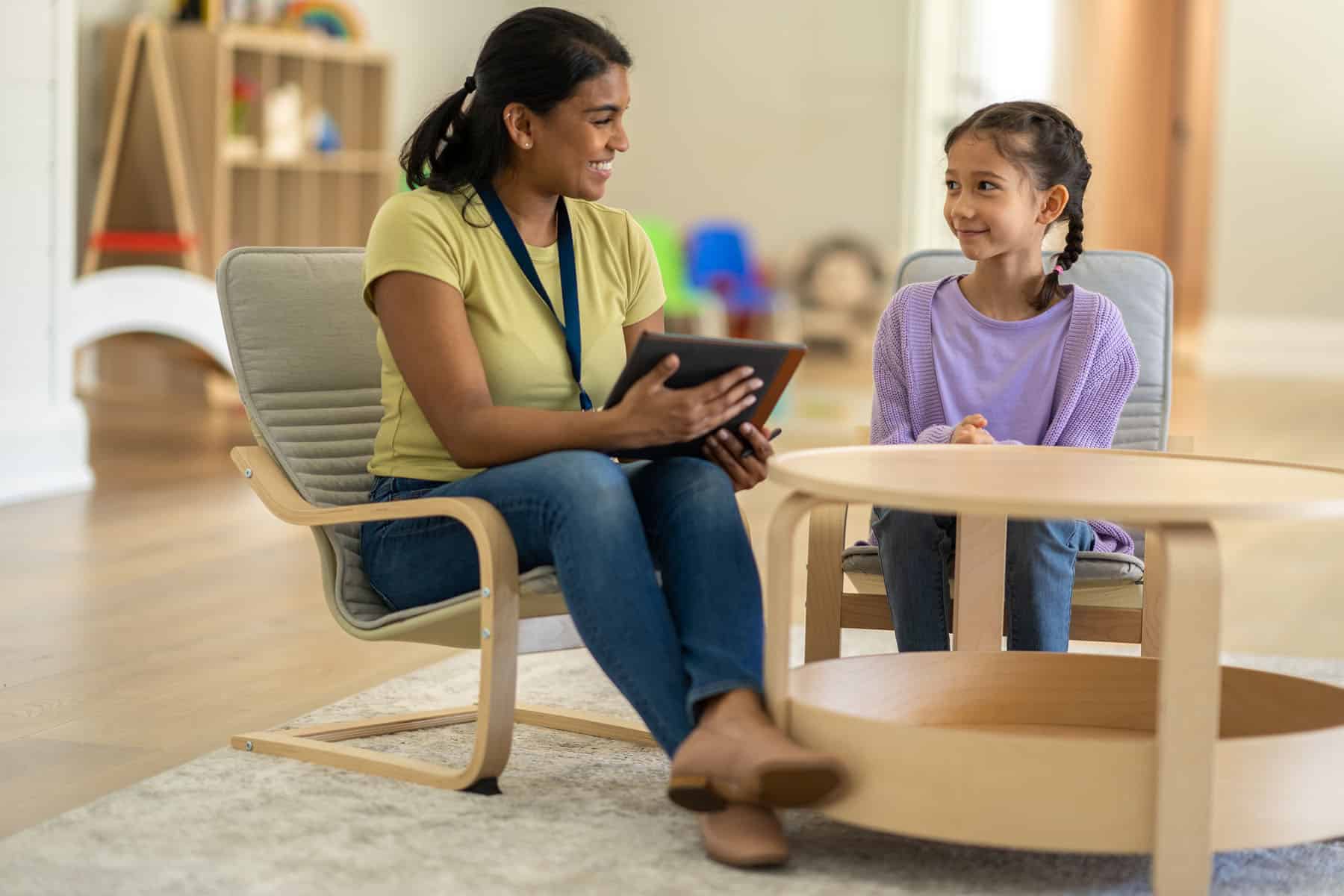Are you passionate about making a difference in the lives of young people? Do you want to be a guiding light for those navigating the often-challenging journey from childhood to adulthood? If so, a career as a youth counselor could be the perfect path for you. At Advanced Behavior Health Inc. (ABH), we are not just about providing mental health services; we are about fostering an environment where professionals like you can grow, thrive, and make a meaningful impact.
Why Choose a Career as a Youth Counselor?
Being a youth counselor is more than just a job; it’s a calling. It is the ability to inspire and motivate youth to reach their potential. It is helping young individuals overcome challenges, develop life skills, and build resilience. Here’s why this career is so rewarding:
- Making a Difference: As a youth counselor, you can guide and support young people through some of the most pivotal moments in their lives. Your impact will be profound, whether it’s helping them navigate family issues, school pressures, or personal challenges.
- Diverse Work Environments: Youth counselors work in various settings, including schools, group homes, healthcare facilities, and private practices. This diversity allows you to choose an environment that aligns with your passion and expertise.
- Long-Term Relationships: One of the most fulfilling aspects of being a youth counselor is building solid, long-term relationships with the youth you serve. Watching them grow, overcome obstacles, and succeed is incredibly rewarding.
- It is also an opportunity to build your skills to pursue further opportunities to becoming a therapist.
Steps to Become a Youth Counselor
Starting a career as a youth counselor is an exciting journey. Here are the steps you need to take to get started:
1. Earn a Bachelor’s Degree
The first step is to earn a bachelor’s degree in a related field such as psychology, social work, human development, or education. These programs provide a solid foundation in understanding human behavior, communication, and counseling techniques. At ABH, we value a strong educational background as it equips our counselors with the knowledge and skills needed to excel in this field.
2. Gain Hands-On Experience
Experience is key in this profession. Internships, volunteer opportunities, or part-time jobs in social services agencies, summer camps, or non-profit youth organizations will provide invaluable hands-on experience. This step is where you’ll start developing the practical skills necessary for your role as a youth counselor.
3. Pursue Graduate Studies and Licensure
While some entry-level positions are available with a bachelor’s degree, pursuing a master’s degree in counseling or a related field can open doors to more advanced roles. Depending on your career goals, you may also need to obtain licensure, particularly if you wish to work as a clinical counselor. At ABH, we support our employees’ educational pursuits and offer opportunities for further professional development.
4. Cultivate Essential Skills
To succeed as a youth counselor, you need a specific set of skills, including:
- Communication: Clearly conveying ideas and information to young people and their families.
- Active Listening: Understanding the concerns and feelings of the youth you work with.
- Empathy: Showing genuine care and understanding for the challenges they face.
At ABH, we provide ongoing training to help our counselors hone these essential skills, ensuring they are always prepared to offer the best possible care.
Why Work at ABH?
At ABH, our employees are our greatest asset. We are committed to creating a supportive, collaborative, and fun work environment. Here’s what sets us apart:
- Supportive Environment: We foster a culture of teamwork and mutual support, ensuring that every member of our team feels valued and appreciated.
- Professional Growth: We are dedicated to the continuous growth of our employees, offering opportunities for further education, specialization, and advancement within the company.
- Impactful Work: At ABH, you’ll have the chance to make a real difference in the lives of young people. Your work will not only change their lives but also contribute to our community’s overall well-being.
Join the ABH Family
If you’re ready to start a rewarding career as a youth counselor, consider joining the team at Advanced Behavior Health Inc. We are always looking for passionate, dedicated individuals who are committed to making a positive impact on the lives of young people.
Contact Us:
📞 301-345-1022
